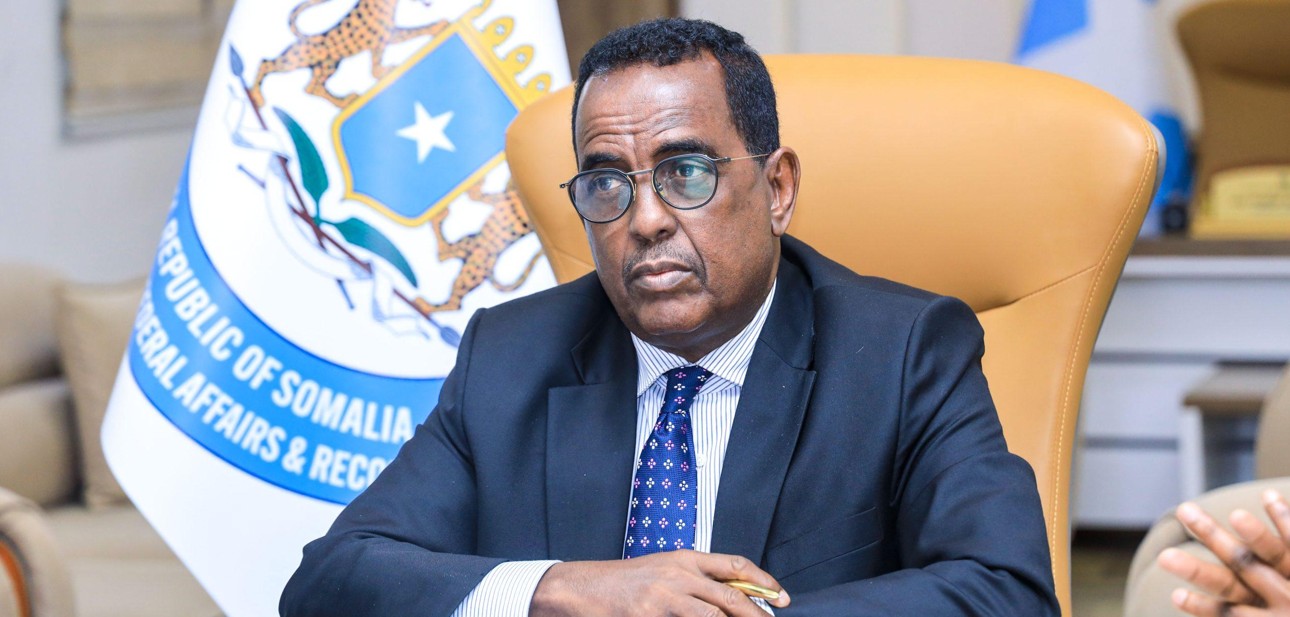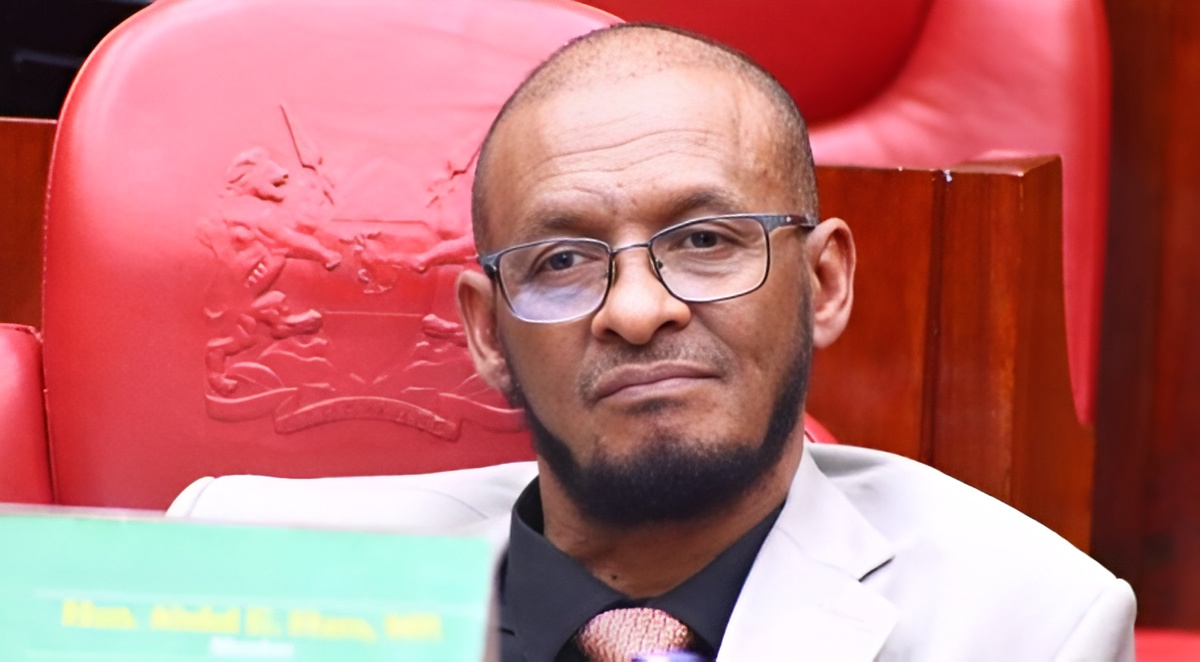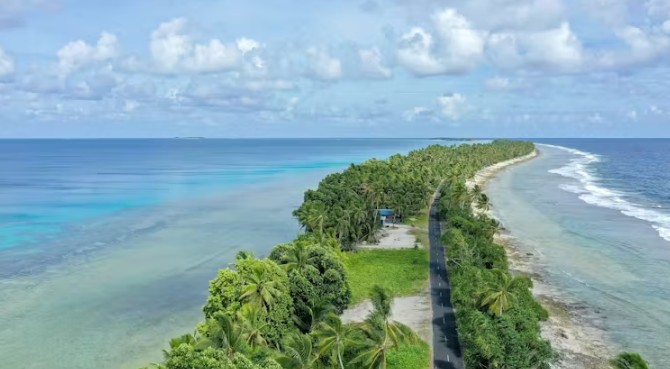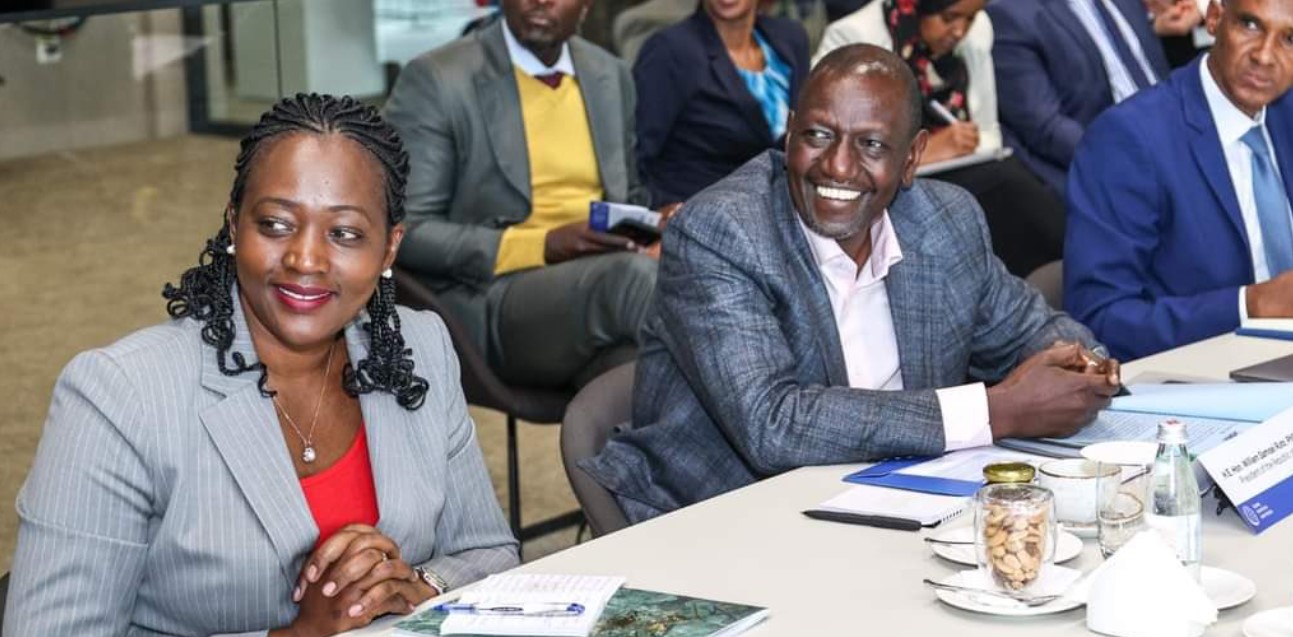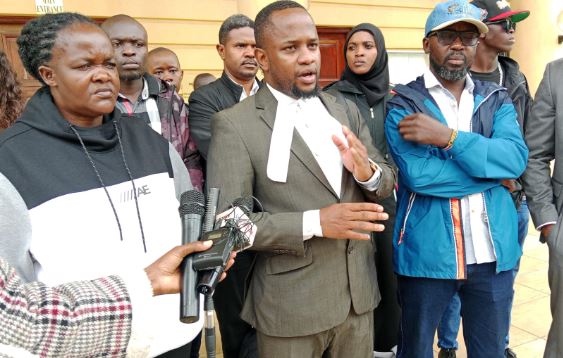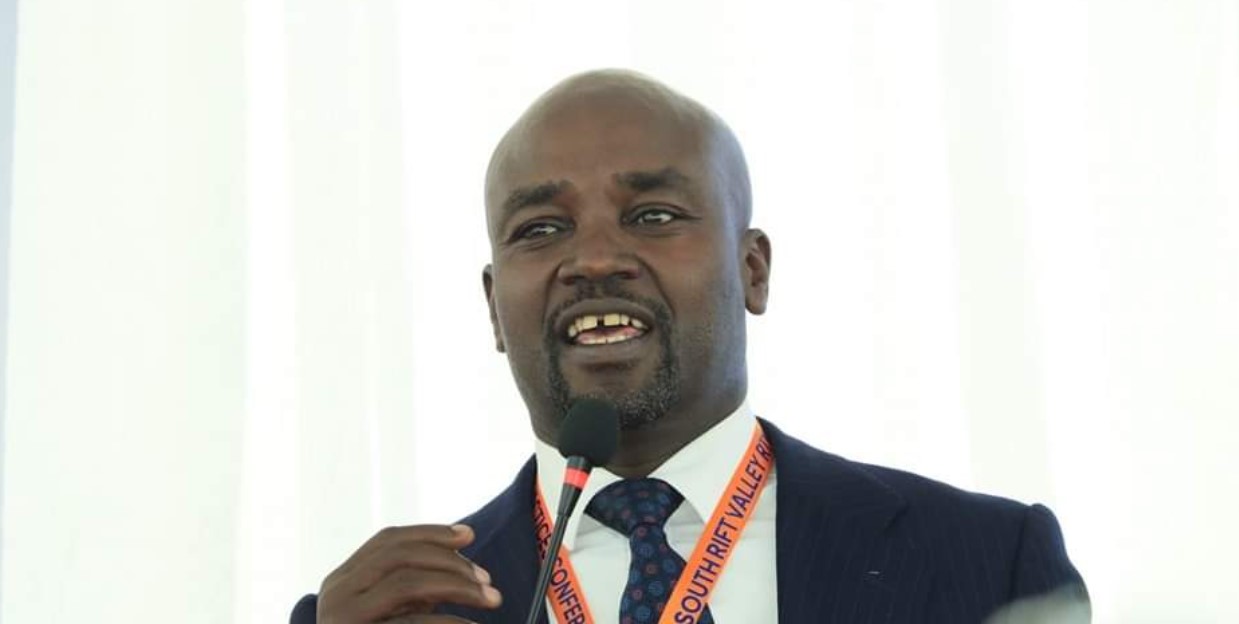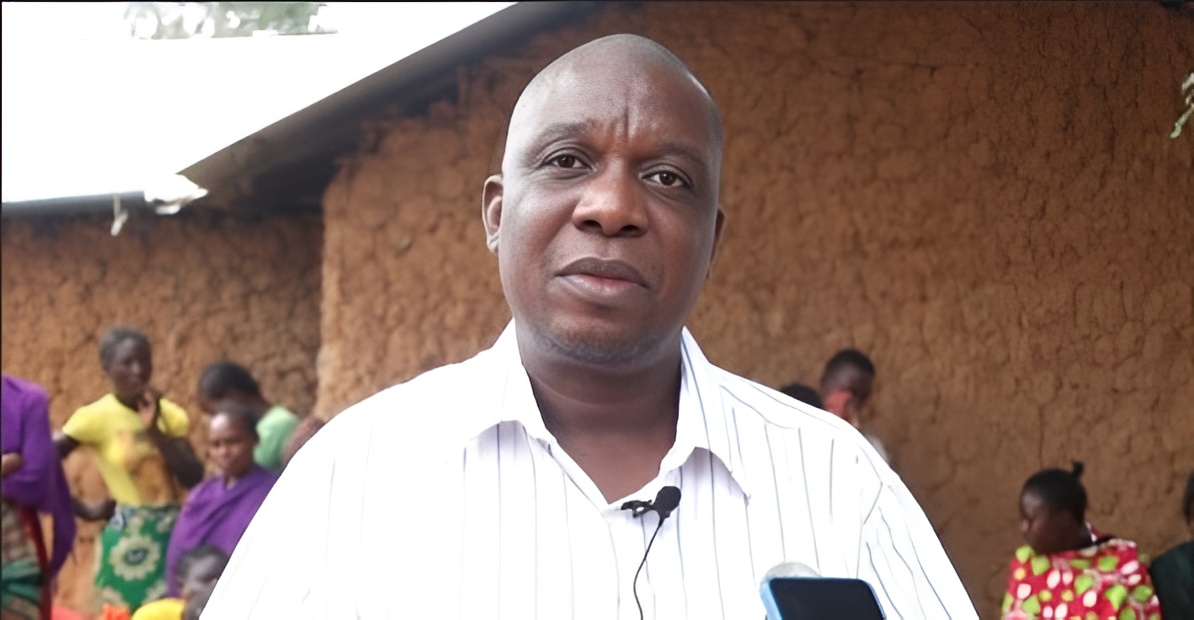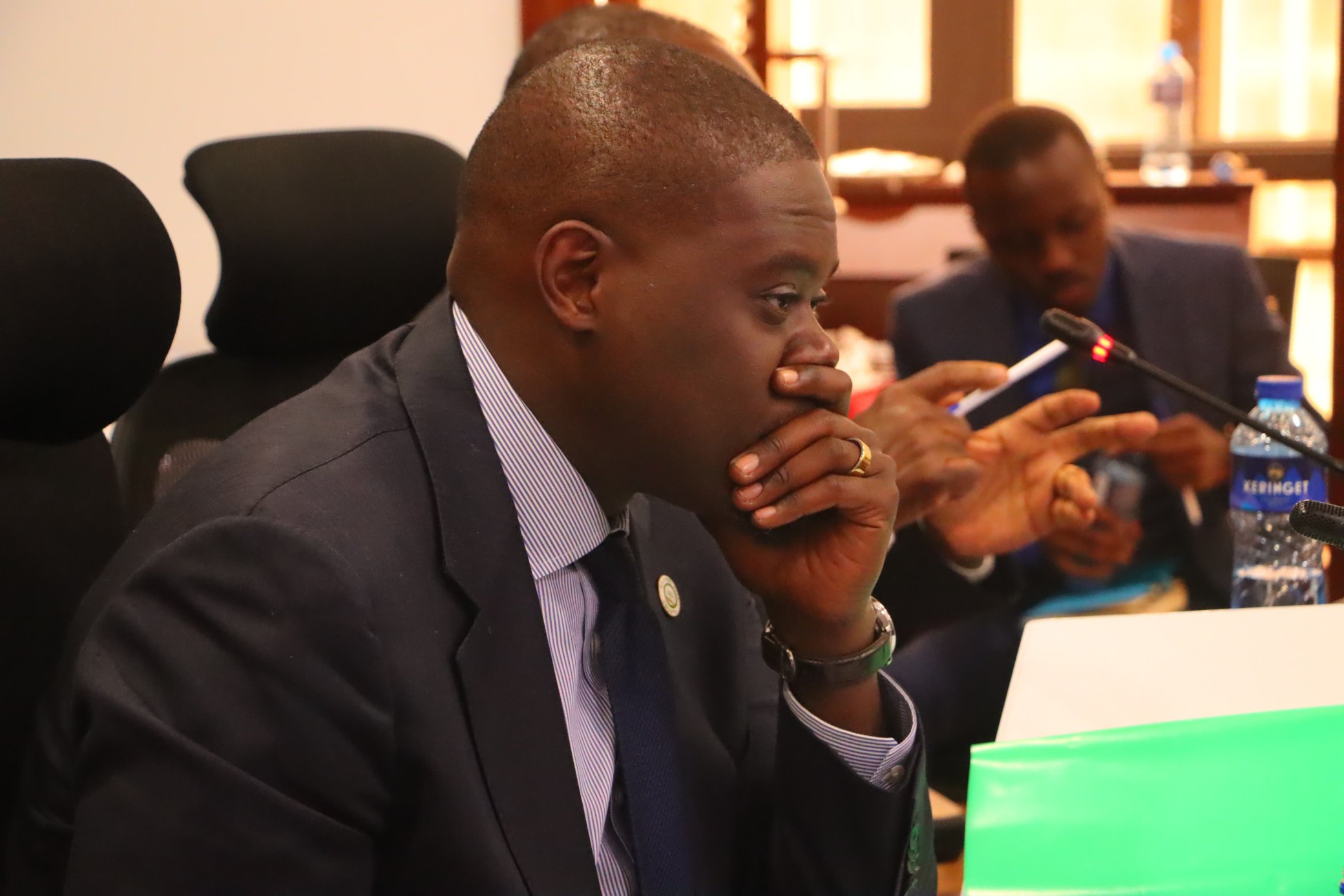Ruto praises Adani deal, says it has saved Kenyans from debt burden
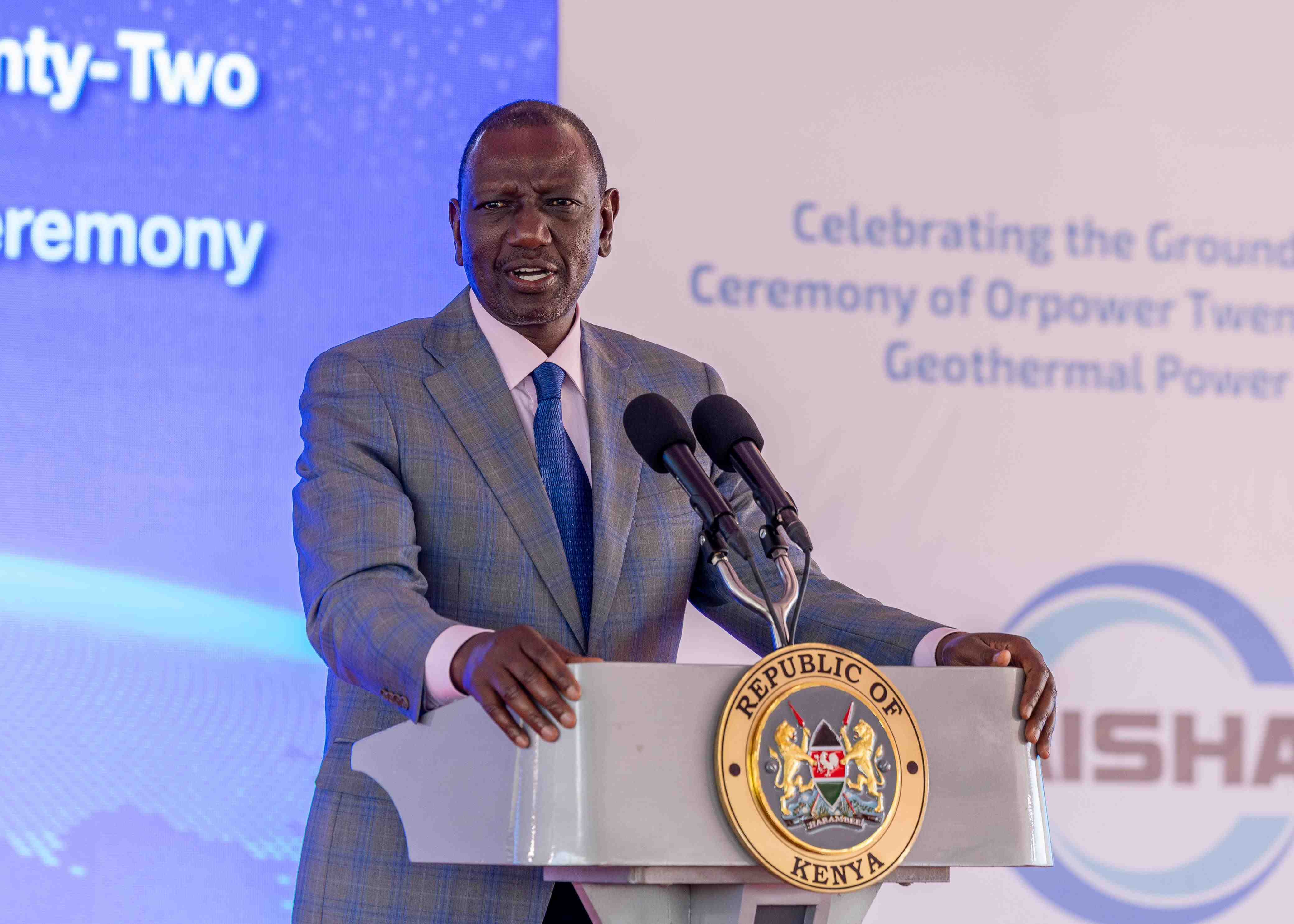
The President emphasised that private investments can alleviate the tax burden on Kenyans and reduce reliance on loans.
President William Ruto has urged Kenyans to embrace private partnerships as a means to finance major projects.
Speaking during the groundbreaking ceremony of the 35MW Orpower 22 Power Plant in Menengai, Nakuru County on Thursday, Ruto emphasised that private investments can alleviate the tax burden on Kenyans and reduce reliance on loans.
More To Read
- Kenya seeks Sh258 billion funding for JKIA expansion after cancelling Adani deal
- KAA calls for public input on airport plans months after collapse of controversial Adani deal
- Adani whistleblower Nelson Amenya sounds alarm on Kipini Conservancy sale
- Raila calls for unity, blames politics for collapse of Adani deal to expand JKIA
- State eyes Sh70 billion in private funds for 2025/26 infrastructure projects
- Adani Group rejects US investigation claims on Iranian LPG imports
The President praised the Adani Group's substantial investment, highlighting that they are committing Sh95 billion to the transmission line.
"We would have gone to borrow that money and burden the people of Kenya, but this is now a private-sector investment. It is the same partnership that saw us have the Nairobi Expressway," Ruto stated.
The Head of State explained that Kenya will cover the costs associated with the transmission line through a negotiated willing charge.
 President William Ruto during the groundbreaking ceremony of the 35MW Orpower 22 Power Plant in Menengai, Nakuru County on October 24, 2024. (Photo: PCS)
President William Ruto during the groundbreaking ceremony of the 35MW Orpower 22 Power Plant in Menengai, Nakuru County on October 24, 2024. (Photo: PCS)
He stressed the importance of private sector involvement in unlocking the nation's potential and effectively utilising its resources.
"It is important for us as a nation to appreciate that a partnership between the public and private sector gives us a win-win situation where we can deliver public services using the investment of the private sector as a way of supporting overall development in our country," Ruto said.
Energy production
Additionally, in the partnership for the Orpower 22 Power Plant, the Kaishan Group from China has invested Sh12 billion, further contributing to Kenya's energy production capabilities.
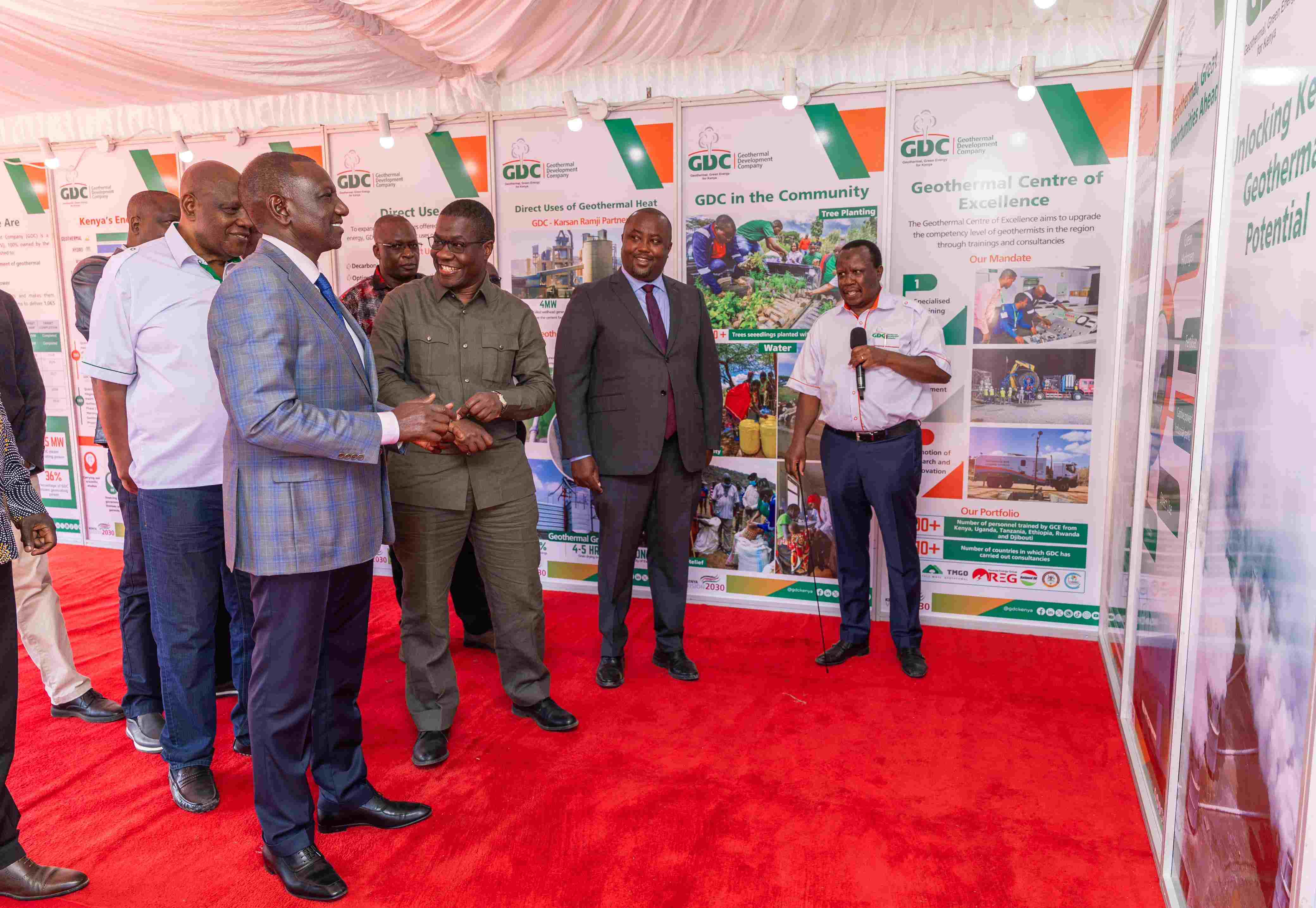 President William Ruto and Cabinet Secretary for Energy Opiyo Wandayi during the groundbreaking ceremony of the 35MW Orpower 22 Power Plant in Menengai, Nakuru County on October 24, 2024. (Photo: PCS)
President William Ruto and Cabinet Secretary for Energy Opiyo Wandayi during the groundbreaking ceremony of the 35MW Orpower 22 Power Plant in Menengai, Nakuru County on October 24, 2024. (Photo: PCS)
The Adani Group has secured a Sh95 billion deal to build and operate three new transmission lines and two substations over 30 years before handing them over to the Kenyan Government.
The project aims to address these inefficiencies, ultimately lowering blackouts and electricity bills for consumers.
The partnership is expected to introduce a new charge on household electricity bills, known as the wheeling charge, which will help recover the investments made by Adani and its partners, including a unit of the African Development Bank.
KenGen, the state-owned entity responsible for generating the majority of Kenya's electricity, is also focusing on renewable energy sources such as geothermal, wind, and solar as part of its long-term sustainability goals.
The need to enhance the electricity transmission network has become urgent due to increased generation capacity and the growing number of households connected to the grid.
As part of the agreement, Adani Group will construct two major power transmission lines: a 206-kilometre 400kV line from Gilgil to Konza, expected to improve supply around Nairobi and slated for completion in 2027; and a 70-kilometre 132kV line from Menengai to Olkalou, designed to enhance the power evacuation route for the Menengai geothermal complex, scheduled for 2028.
Additionally, two substations—132kV Thur Diburo and a 400/220/132kV station in Rongai—will also be built.
However, the awarding of this contract to Adani continues to spark opposition and controversy, reflecting concerns over the implications for Kenya's energy sector.
Top Stories Today
